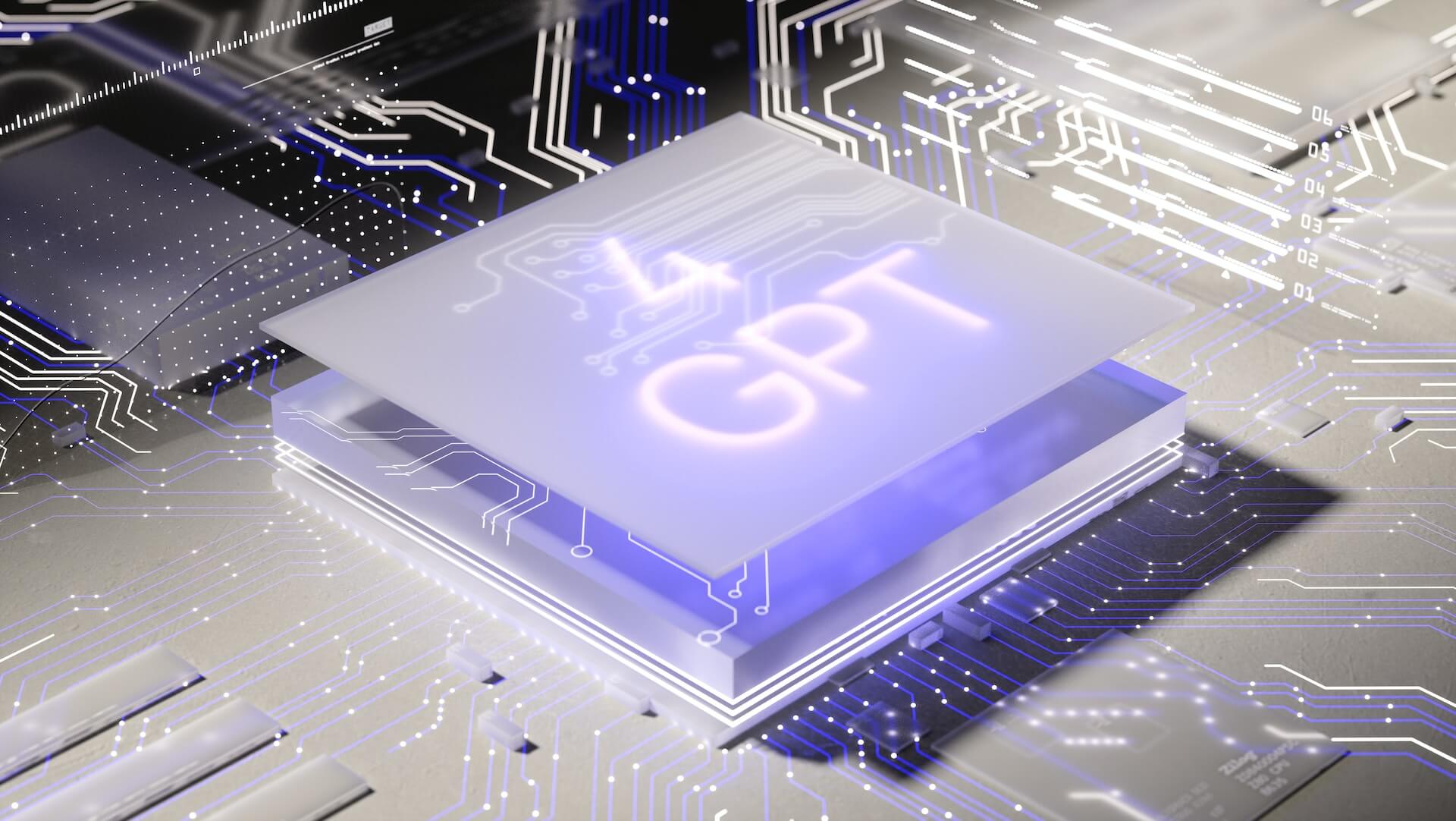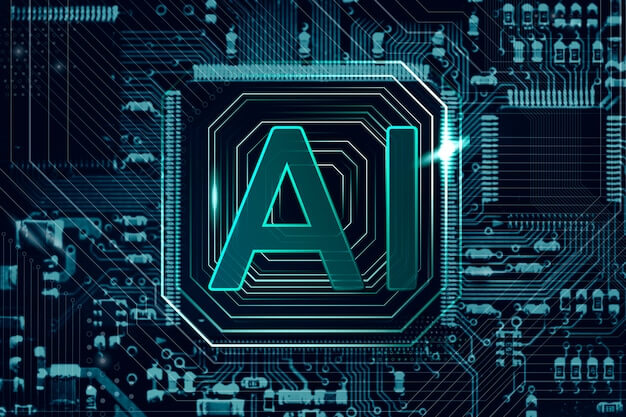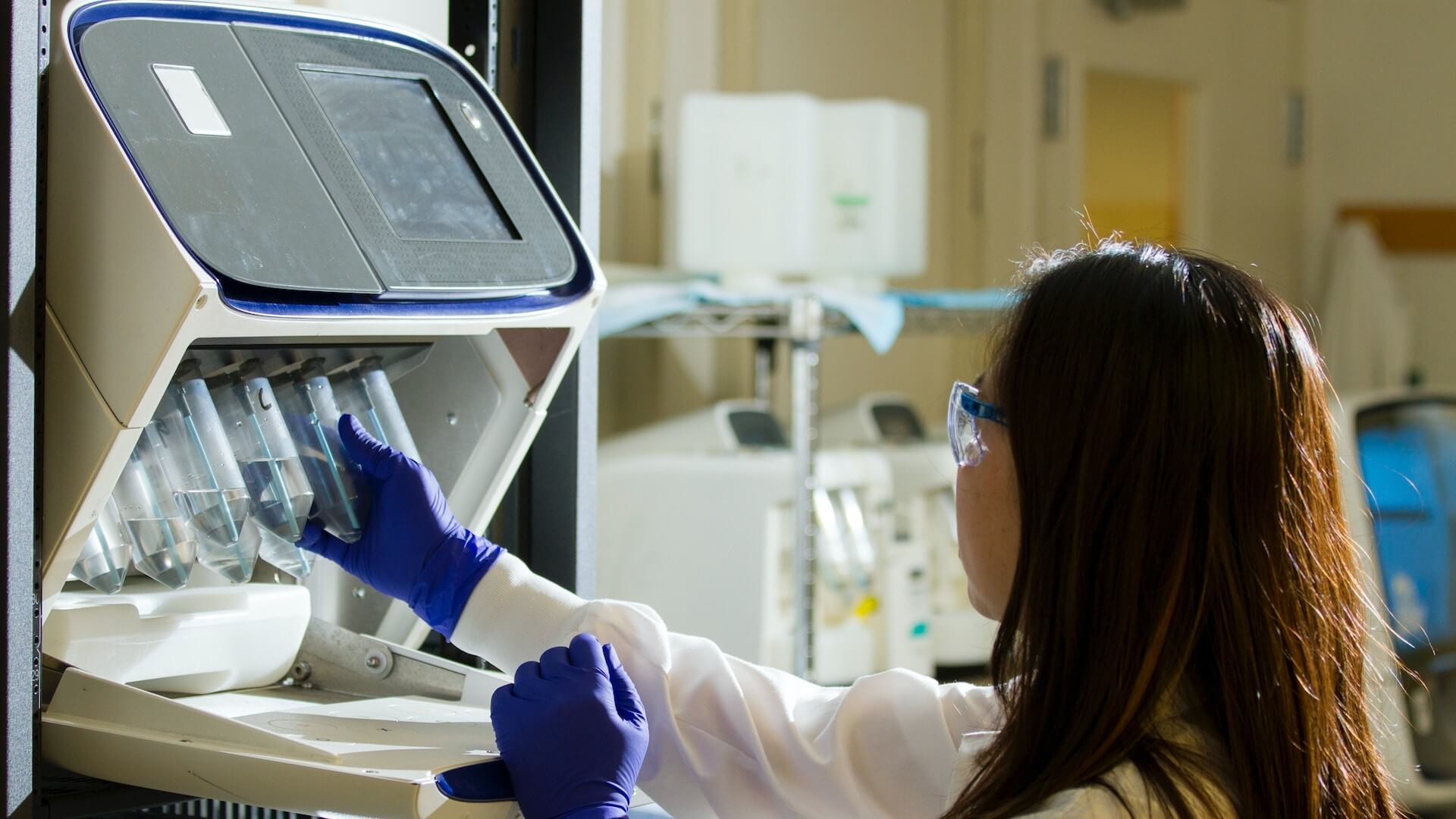
The world is now focused on the impact of generative AI tools on the knowledge and creative economy. Schools are the centers of knowledge and creative work, and are therefore likely to be the first place where the general public will see tangible changes. Generative AI systems are constantly evolving and will surely have a wide-ranging impact on the education system as well. Schools will change the way they operate, teachers will change the way they work, and students will change the way they develop personally and professionally.
Bringing the power of AI to bear on the challenges of designing our schools and systems offers equally incredible opportunities. Artificial intelligence can now help teachers design curriculum, analyze student performance data to design learning interventions and new lesson plans.
The global economy is rapidly evolving, and AI can help us better understand the day-to-day school day and all the learning experiences included in that day, help states and districts develop new career pathways and lifelong learning structures, and fuel learners to connect to gainful employment for decades.
Many feel that these technologies are advancing toward new horizons and are opening up new horizons for us. This includes those pushing the frontiers, such as Sal Kahn, CEO and founder of Khan Academy.

In a recent TED talk, Khan said, "We're at an inflection point in the use of AI in education, which could be the major transformation in education ever. And what we're going to do is give every student on the planet a fantastic AI personal tutor. At the same time we're going to provide every teacher on the planet with a fantastic AI teaching assistant."
Khan stated that there are negative and even dangerous possibilities with advanced AI, and that we must do all we can to avoid them, to realize our AI ambitions, and to strike a balance with positivity and optimism. All must "fight for positive use cases," he said.
Concerns about the specific harmful effects of AI on education are also spreading. New York City public schools are not alone in essentially banning ChatGPT, the most popular AI technology, for fear of student cheating. Many K-12 school systems and institutions of higher education are taking a defensive stance.
Experts in the field say that strategies to ban or hinder AI technology can have unintended consequences. The vast majority of successful companies and organizations will be using AI in their day-to-day operations, and will also be recruiting candidates who know how to harness the power of AI to increase productivity. As a result, banning AI in schools could lead to more digital inequality, a greater digital divide, and lead to an eventual opportunity gap.

Generative machine learning can offer tremendous potential for educators, leaders, and students. We should be thinking not only about ways to use technology to help teachers and learners improve what they do now, but also how we can use technology to ensure that new ways of teaching and learning flourish alongside the use of AI and what it means to do so.
Indeed, teachers have become early adopters of AI technology. According to Code.org's Hadi Partovi, about 30 percent of teachers are now using AI to develop lesson plans. Pandora's box seems to have opened, but that doesn't mean we lack the ability to take control or that AI will replace professional human educators in the future.
Gillian Keegan, the UK's Education Secretary, recently pointed out that, using good and appropriate development and support, routine and time-intensive tasks in the classroom can be outsourced to intelligent agents, and human teachers can focus on the deeper relational work of high-level teaching and learning. Formative assessment is an essential evidence-based tool in every effective educator's toolkit, and can be used to achieve more real-time results through responsive instructional planning and on-the-fly adjustments to learning sequences based on the specific state of a student's learning journey.

Students also need to learn and understand AI technology. A number of capable and knowledgeable educators can help, and students may be able to use these tools in ways we cannot currently imagine. Young learners with powerful technology in their hands, equipped with the right scaffolding can thrive on the rise of smart machines. It's important that we need to provide this opportunity for all learners; failing to do so will only increase inequality and widen disparities in new ways.
As we bring the fruits of technological innovation into the classroom and beyond, it must always be about the gentrification of learning opportunities. There are challenges, to be sure, but human ingenuity is also real and powerful, and surely these challenges can be met effectively.
A new era of learning is dawning and it is imperative that this is properly recognized. With education at the center of the true essence of human prosperity, it is imperative that we deploy AI in education.





